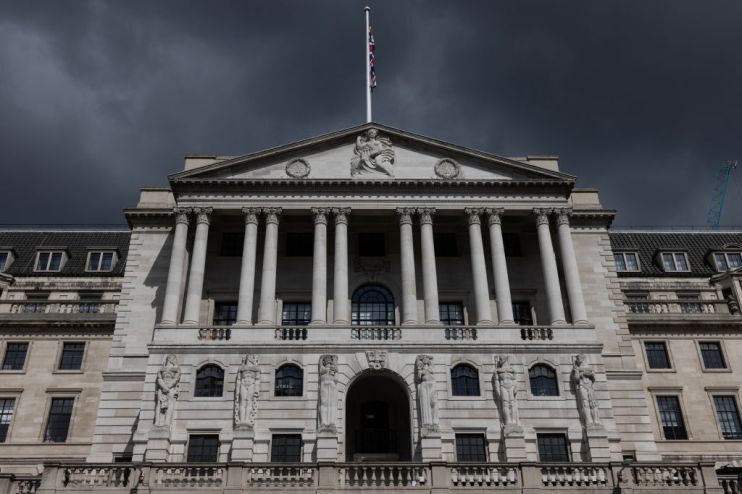Bank of England will cut interest rates ‘much more quickly’ than Fed, think tank predicts

Rising unemployment will force the Bank of England to cut interest rates “much more quickly” than the Federal Reserve, the Resolution Foundation has predicted.
Both central banks have suggested that they will keep interest rates higher for longer in an attempt to stamp out stubborn inflation, but the think tank said that a loosening labour market would force the Bank into rate cuts sooner than expected.
In its macroeconomic outlook for the third quarter, the think tank pointed out that the UK’s “exceptional” level of inflation was driven by strong wage growth. Despite the UK suffering from higher levels of inflation than the US, both countries have seen similar levels of real wage growth.
This means that developments in the labour market were “clearly crucial” to where inflation goes next, with the Resolution Foundation warning that a loosening labour market would likely contribute to a rapid fall in inflation.
It pointed out that the UK labour market is loosening more quickly than international peers. In the most recent figures, the three-month average vacancy-to-unemployment ratio — one of the most reliable guides for labour market tightness — declined to 0.71 in July, down from 0.72 in June.
This was not too far above its 2019 average of 0.63 and well off its peak of 1.05 in August last year, when there were more vacancies than jobseekers.
They also pointed out that the impact of the recent monetary tightening is more delayed than recent tightening cycles due to the rise of fixed-rate mortgages.
More than 90 per cent was lent at fixed rates in 2022, up from 41 per cent between 2004 and 2006, which means many mortgage holders have not yet moved to higher interest repayments. They suggested that up to two-thirds of the impact of higher interest rates has yet to be felt.
With much of the impact of rising interest rates still to be felt, the think tank warned that the labour market could “loosen to a degree not seen since the depths of the financial crisis”.
“With the labour market tightening rapidly already, and with the majority of the impact of rate rises still to show up in the data, there is already a risk that the Bank of England has overdone its tightening,” the think tank warned.